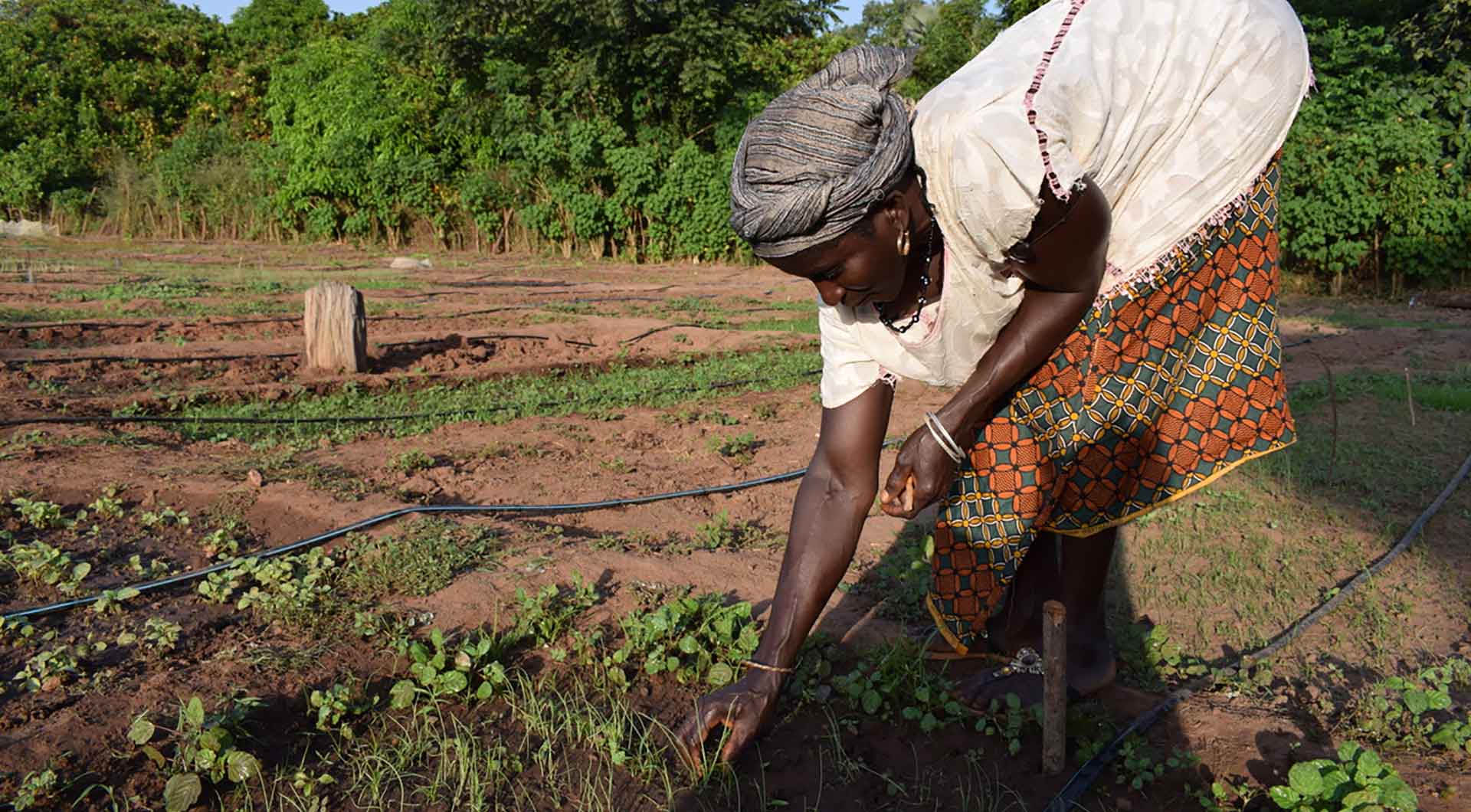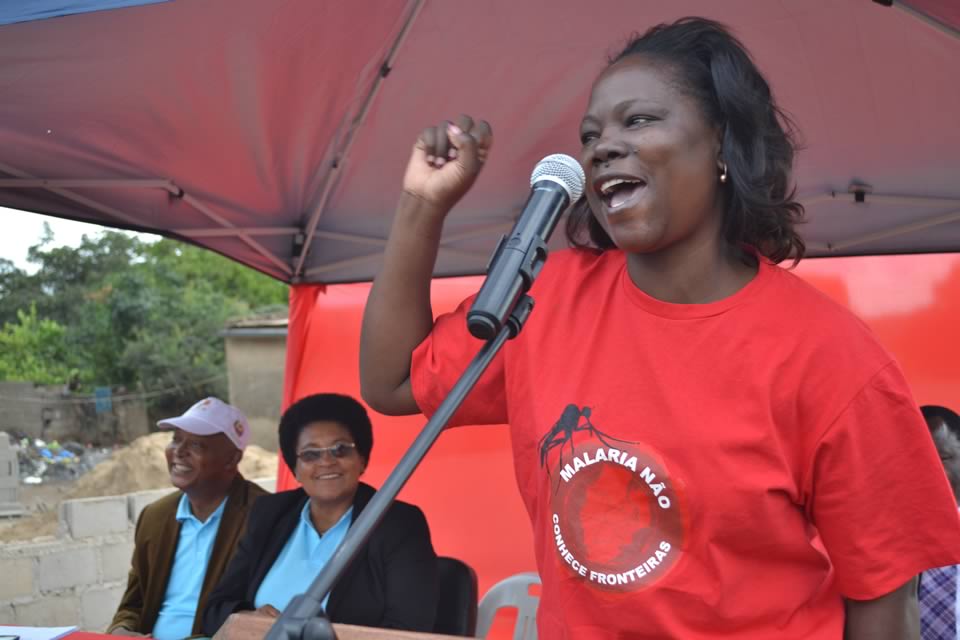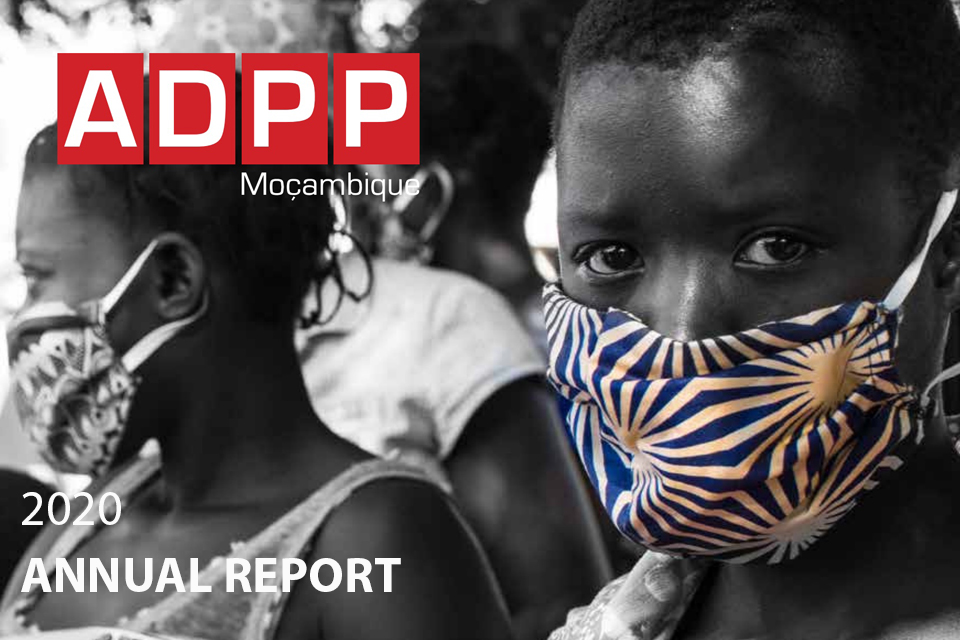
Solidarity is created when people meet people. When students and teachers meet other people and understand their situations, learn from their lives.
Until a few years ago, “solidarity” was often understood as a bit outdated, old-fashioned and belonging to certain political trends. With the increasing realities of bizarre inequality, the enormous pressures on the planet and its people, and with injustices facing us every day, it has returned to be a respected concept, one we can’t do without. Simply because we can’t face the challenges of today and tomorrow without being based in solidarity.
In Humana People to People pedagogy, solidarity has always been present. Students and teachers are used to performing acts of solidarity in their close communities and further afar. Meeting people in their daily lives during travels to other countries or other regions of their own countries; learning directly from the people involved about the root causes of the challenges they face; discussions in the group at home about what to do about injustices or hopelessness encountered – all of this is part of how solidarity is engrained in the pedagogy of the schools and how solidarity becomes engrained in students and teachers.
With solidarity comes also compassion and empathy, which in turn are part of forming lasting ethical values in students and teachers alike.
Frontline Institute Zimbabwe is a Humana People to People human resource training institute for its key personnel in development projects. The key persons receive capacity building to work at the frontline of development responding to poverty, hunger, illiteracy and diseases. It trains Humana People to People employees as leaders in development for the benefit of the people in rural areas and townships located in Southern Africa, Guinea Bissau, India, China and central and south America.
As part of its many training approaches, Frontline Institute Zimbabwe organises and carry out study trips which, give its students an opportunity to learn from and develop a deeper appreciation of the challenges communities face.
One such encounter was a study trip to rural communities in Southern Province of Zambia where deforestation is a major issue. Students observed and made surveys and conducted researches on environment degradation, at the end they made a public campaign on raising awareness on tree planting, established 30 tree nurseries and 1 250 people were mobilised into planting fruit trees.


